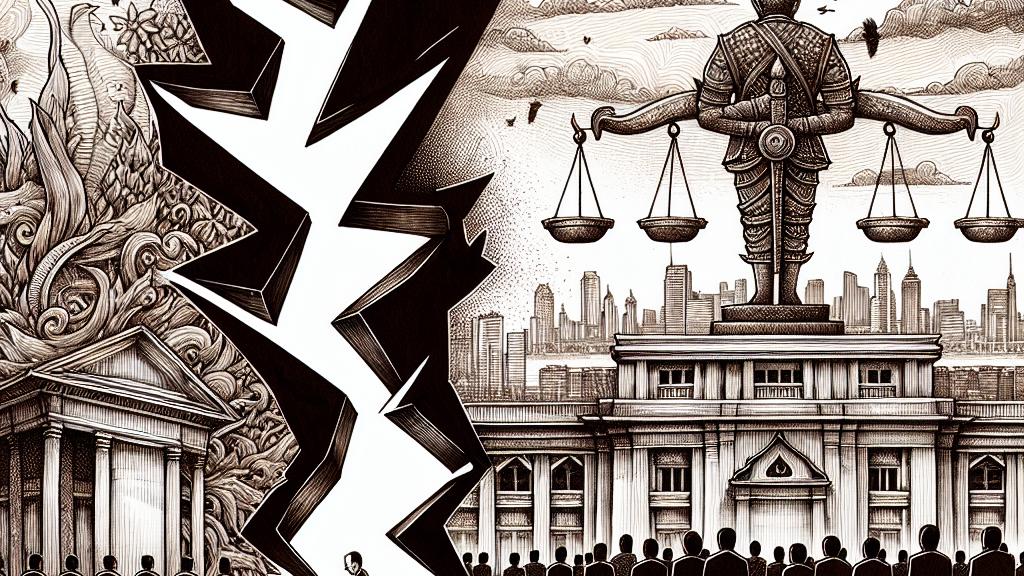Thailand Hits Pause on BIMSTEC: A Government Shuffle in the Works!
Overview
- Thailand postpones BIMSTEC summit amidst crucial government transitions.
- New Prime Minister Paetongtarn Shinawatra struggles with cabinet formation challenges.
- Potential regional and international diplomatic repercussions loom as leaders adjust plans.

Context of the Postponement
In a significant development for Southeast Asia, Thailand has announced the postponement of the BIMSTEC (Bay of Bengal Initiative for Multi-Sectoral Technical and Economic Cooperation) summit originally scheduled for September 4. This decision stems from the recent political turmoil following the abrupt ousting of former Prime Minister Srettha Thavisin by the Constitutional Court. The timing is unfortunate, as this change occurred just weeks before the summit. Paetongtarn Shinawatra, who has stepped into the role of Prime Minister, is currently in the midst of forming her cabinet. This postponement highlights the delicate balance Thailand must maintain in its political arena, wherein the successful establishment of a new government is crucial for maintaining its regional influence and diplomatic engagements.
Political Transition and Its Implications
The transition to Paetongtarn Shinawatra as prime minister marks a notable point in Thailand's political history, as she becomes the youngest and second female leader in the nation's governance. The political landscape is fraught with challenges, deeply rooted in historical divisions shaped by her family's legacy. The Shinawatra family has been a polarizing force, with past leaders experiencing both popularity and significant political strife. Paetongtarn must navigate the complicated waters of uniting a population weary of political instability while forging effective governance. Her approach to economic initiatives, social policies, and public engagement will be vital for restoring confidence among voters. How well she articulates a vision that transcends historical loyalties will be a significant determinant of her administration's success.
Impact on International Relations
The postponement of the BIMSTEC summit carries substantial implications for Thailand's position in the international arena. As a key player in this regional organization, which includes nations such as India, Bangladesh, and Myanmar, Thailand's capacity to lead collaborative efforts on critical issues like trade, security, and disaster management is crucial. The decision to delay the summit may disrupt ongoing negotiations intended to enhance regional cooperation, directly affecting the strategic interests of member countries. Additionally, India's Prime Minister Narendra Modi, who was slated to attend the summit, has redirected his travel plans towards Singapore, underscoring the necessity for Thailand to re-establish itself as a credible facilitator of dialogue and cooperation. This shift emphasizes the intricate ties among Southeast Asian nations, highlighting the need for Thailand to stabilize its internal situation in order to effectively participate in and promote regional initiatives that address mutual concerns.

Loading...